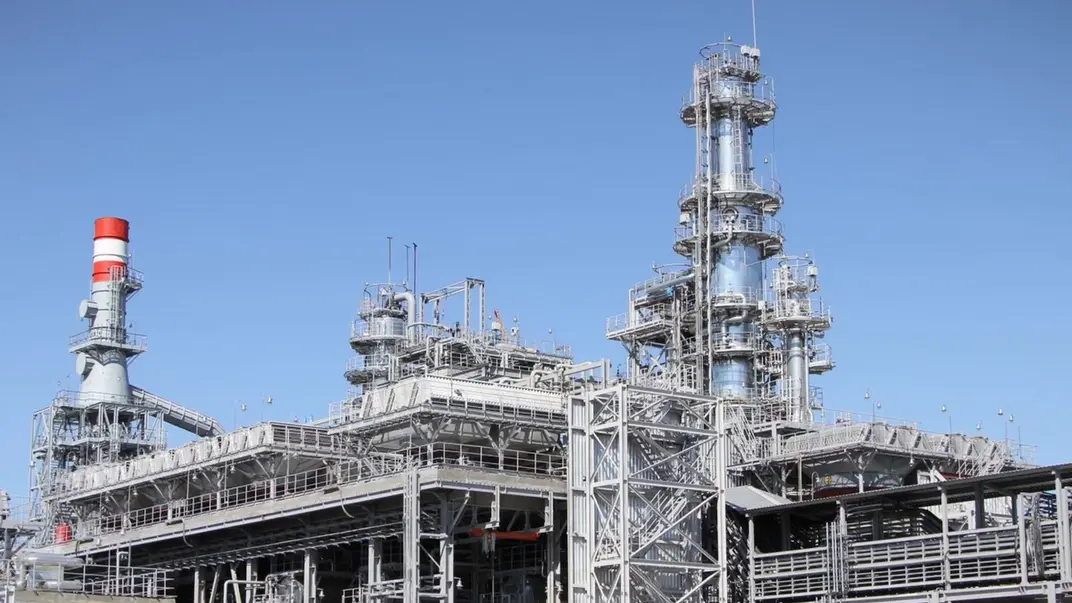Ukraine’s Foreign Intelligence Service has reported that Russia has about 13.2 billion tons of economically viable, proven oil reserves, enough for roughly 25 years of production.
Russian oil remains a key source of revenue that funds its military aggression against Ukraine. In 2025, profits from the oil and gas sector account for about 77.7% of Russia’s federal budget.
According to the International Liberty Institute, the main buyers of Russian oil remain Asian countries, as European markets are largely restricted by sanctions.
At the same time, 96% of the subsoil fund has already been allocated, indicating near-full utilization of available fields.
Investors losing interest
According to the results of 2024 auctions, one-time payments for hydrocarbon extraction rights amounted to only $50 million, with half the revenue from placer gold mining, a sector less significant for the budget.
This signals a sharp decline in investor interest in Russia’s oil and gas industry.
Help us tell the stories that need to be heard. YOUR SUPPORT = OUR VOICE
Technology and resources at the limit
Ukraine's intelligence notes that over the next 10–15 years, the potential for further exploration of existing fields in Russia will be exhausted. Limited funding and a lack of technology to develop hard-to-reach, geologically complex, and remote regions undermine Russia’s energy and economic security, casting doubt on the long-term stability of its oil and gas sector.
Earlier, Euromaidan Press reported that Ukraine disabled 17% of Russia’s oil refining capacity through a wave of recent drone strikes targeting key infrastructure.
The attacks, carried out over the past month, have disrupted fuel processing, sparked gasoline shortages, and hit the core of Moscow’s war economy as Washington seeks to broker a peace deal.
Read also
-
Ukraine’s Intelligence: Explosion disables Russian shadow fleet tanker, carrying 1 million barrels of sanctioned oil
-
Lithuania introduces drone alert system with sirens and phone warnings
-
India defies US, keeps buying Russian oil, while sanctions bite Moscow
-
Putin says Ukraine can join EU while Russia’s ally Hungary blocks membership

